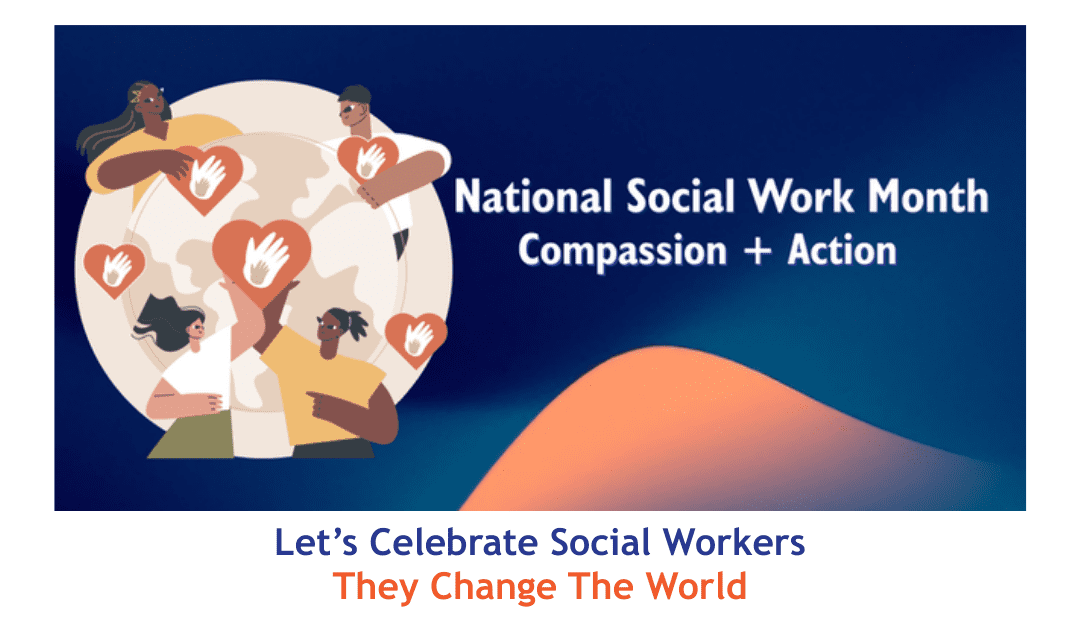
by Bag It Team | Mar 10, 2025 | Educational Articles
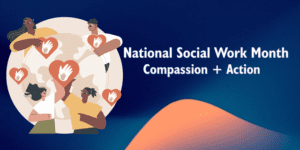 March is Social Work Month and this year’s theme is Social Work: Compassion + Action. Individuals who enter the social work field don’t do it for the fame or glory, they enter the profession because they care. They care about people, policies, and advocacy. Social Work Month allows us to celebrate these special people who often go unseen but are so vitally important.
March is Social Work Month and this year’s theme is Social Work: Compassion + Action. Individuals who enter the social work field don’t do it for the fame or glory, they enter the profession because they care. They care about people, policies, and advocacy. Social Work Month allows us to celebrate these special people who often go unseen but are so vitally important.
You may not realize it but social workers are everywhere! They work in clinical settings, hospitals and medical offices, in schools and community centers, in child protection and legal realms and in public policy spaces. There are over 700,000 social workers in the United States. Despite years of education, training and multiple certifications, social work is also one of the fastest-growing occupations, and these empathic individuals are in high demand.
One branch of social work near and dear to Bag It is medical social work — especially those in the oncology space. Oncology social workers support patients from “you have cancer” into survivorship. They provide assessments, assist with resource navigation, help with life and memory planning, and, most importantly, they offer emotional support. Oncology social workers are there during the hard conversations with providers and remain with you after to offer kindness, empathy and support. They are the middleman between the medical team and the patient and their family. In a space where everyone else is focused on the cancer, the social worker is focused on YOU — your quality of life, your hopes, dreams, and wishes, and your feelings and opinions.
Social work can be an amazingly rewarding profession. Regardless of the setting they work in, they go in each day knowing their goal is to help others, to improve lives and enhance well-being. Working with diverse populations helps you learn more about the communities we exist in, the varying needs and about yourself. There are endless positives to social work. And, simultaneously, it can be one of the most difficult professions. Social workers see the world at its best and at its worst, they see people at their happiest and their saddest, at the beginning of their lives and at the end. There is heartache and trauma in this work because there are barriers beyond our control. But they return to work, to the front lines of the human experience, day after day.
Here are some additional resources about how Social Workers can help you and your caregiver.
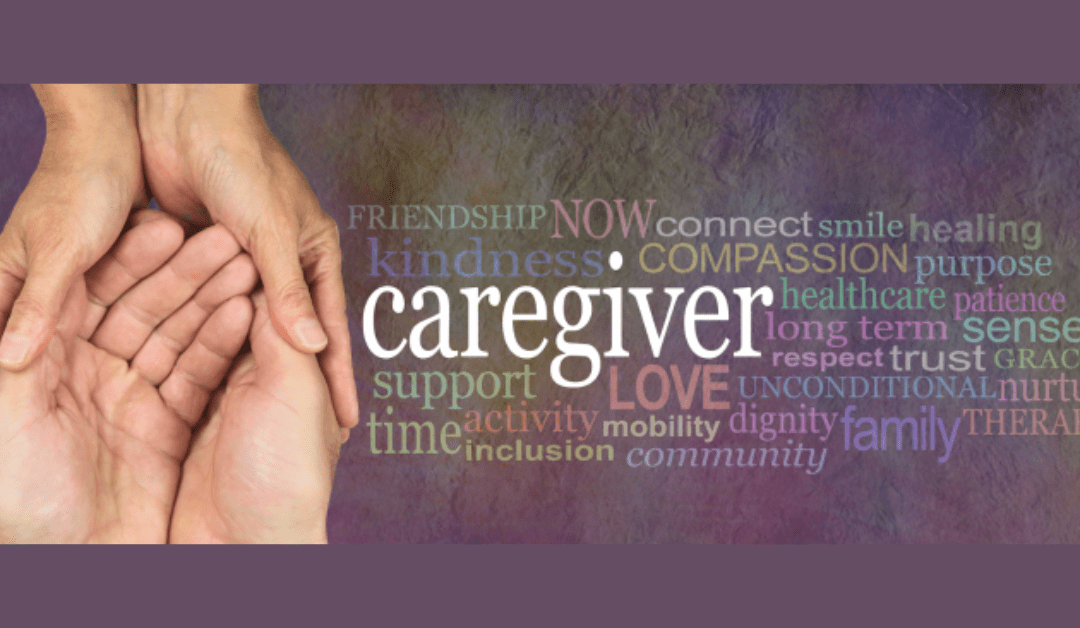
by Bag It Team | Nov 7, 2024 | Educational Articles
By Building a Backup Plan
Caregiving can take a serious toll on physical and mental health. Having a backup caregiver in place is important not only in case something unexpected prevents you from caregiving, but also for times when you may need to step away for a special event, work commitment, or simply a break to recharge. Here’s a guide to setting up a caregiver backup plan.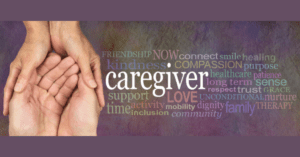
1. Identify the Key Responsibilities to be Covered. List the specific tasks or routines someone would need to take over to help you assess who could potentially fill the role and what skills they would need.
2. Determine Who Could Step In. Think about people in your network—family, friends, or neighbors—who might be a good fit. Professional caregiving services are another option; research a few providers to see which could best meet your needs.
3. Start Conversations Early. Don’t wait until you’re overwhelmed or in an emergency. Doing this now gives everyone involved time to get comfortable with the idea and address any questions or concerns without the pressure of immediate need.
4. Arrange Training and Trial Runs, Once you have someone lined up, organize training and trial runs right away. This helps your backup caregiver prepare, while also allowing your loved one to adjust to a new face in their routine.
5. Share Essential Care Details. Compile a guide for the backup caregiver covering your loved one’s health needs, emergency contacts, daily routines, and personal preferences, etc. The forms in My Companion Guidebook in your Bag It Bag can come in handy for this purpose. Update this information regularly.
Introducing a backup caregiver isn’t just helpful for you—it can also benefit your loved one by offering new social interactions, adding variety to their routine, and reducing reliance on a single caregiver, all while giving you peace of mind when you are away.
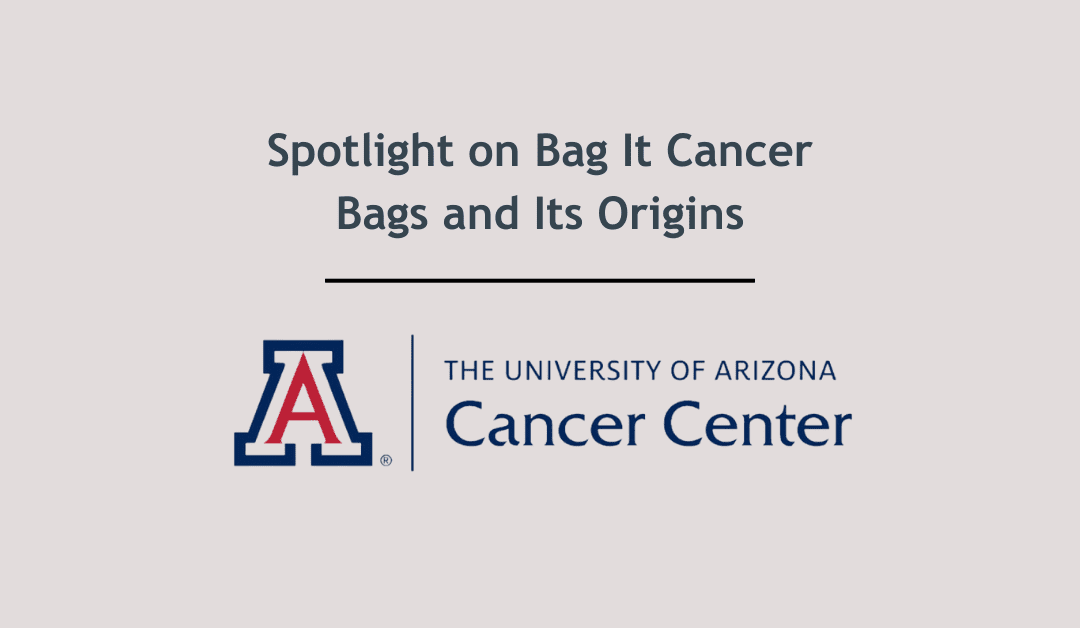
by Bag It Team | Aug 26, 2024 | Educational Articles
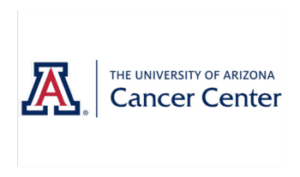 Recently the Cancer Care Center at the University of Arizona put the spotlight on Bag It Cancer Bags and talked to Executive Director, Mindy Griffith.
Recently the Cancer Care Center at the University of Arizona put the spotlight on Bag It Cancer Bags and talked to Executive Director, Mindy Griffith.
Read and hear about the origins of the Bag and what’s new.
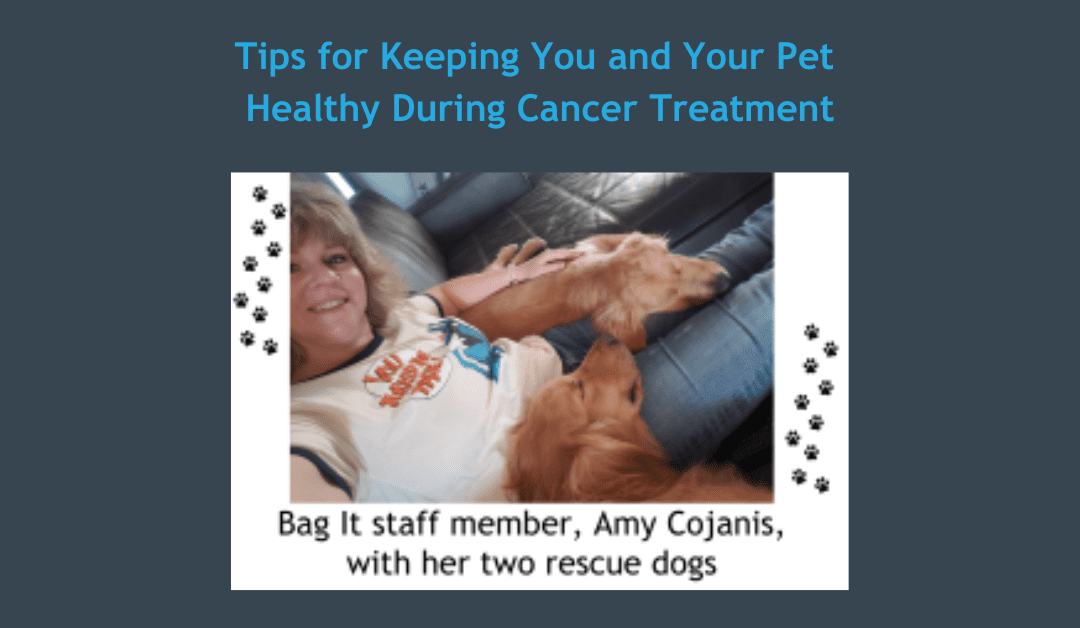
by Bag It Team | Jul 29, 2024 | Educational Articles
Tips for Keeping You and Your Pet Healthy During Cancer Treatment
The “dog days of summer” remind us of the warmth and joy that pets bring into our lives, especially during tough times like a cancer diagnosis. Their companionship and unconditional love can brighten even the hottest, most challenging days. Many people consider their pets part of the family and rely on them for emotional support during difficult periods.
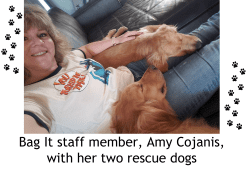 Studies show that pets can significantly improve mental well-being. Many cancer centers and hospitals recognize this and offer pet therapy programs. These programs include visits to clinics, support groups and even home visits for patients. Our furry friends can lift our moods, lower stress, create a calming effect, reduce pain and have a positive impact on our overall health.
Studies show that pets can significantly improve mental well-being. Many cancer centers and hospitals recognize this and offer pet therapy programs. These programs include visits to clinics, support groups and even home visits for patients. Our furry friends can lift our moods, lower stress, create a calming effect, reduce pain and have a positive impact on our overall health.
During cancer treatment, your well-being and your pet’s well-being begins with effective communication.
It’s important to know that while you can’t give your pet cancer, having a pet can increase your risk of infection, especially if your immune system is compromised. Before starting cancer treatment, inform your doctor about your pet and how important they are to you. Discuss how your ability to care for your pet might be affected by the treatment and any potential side effects. Your doctor will provide personalized advice based on your type of cancer, specific treatments and the type of pet you have.
Precautions may vary, especially with pets like reptiles, amphibians, rodents, and birds, which can carry a higher risk of infection such as salmonella. Guidelines may include limitations on your involvement with your pet such as avoiding contact with their bodily fluids and waste, preventing scratches and possibly even limiting petting them.
Additionally, it’s crucial to keep potentially harmful cancer medications and related items out of your pet’s reach.
You may also want to consult your pet’s veterinarian to ensure your pet remains healthy during this time. Ask about essential steps, including proper grooming, keeping up-to-date with all recommended vaccinations and medications, and any necessary veterinary care.
Here are some tools and resources to help you take care of your pet during cancer:
My Cancer Circle – an online tool that helps organize the community of people who want to help you with your pet
CancerCare’s Pet Assistance & Wellness (PAW) Program features:
- Helpline
- Searchable online database to help people affected by cancer find low-cost or free pet care services
- Downloadable booklet: Planning for Your Pet’s Future Care A Guide to Caring for Your Beloved Pet After You’ve Been Diagnosed With Cancer
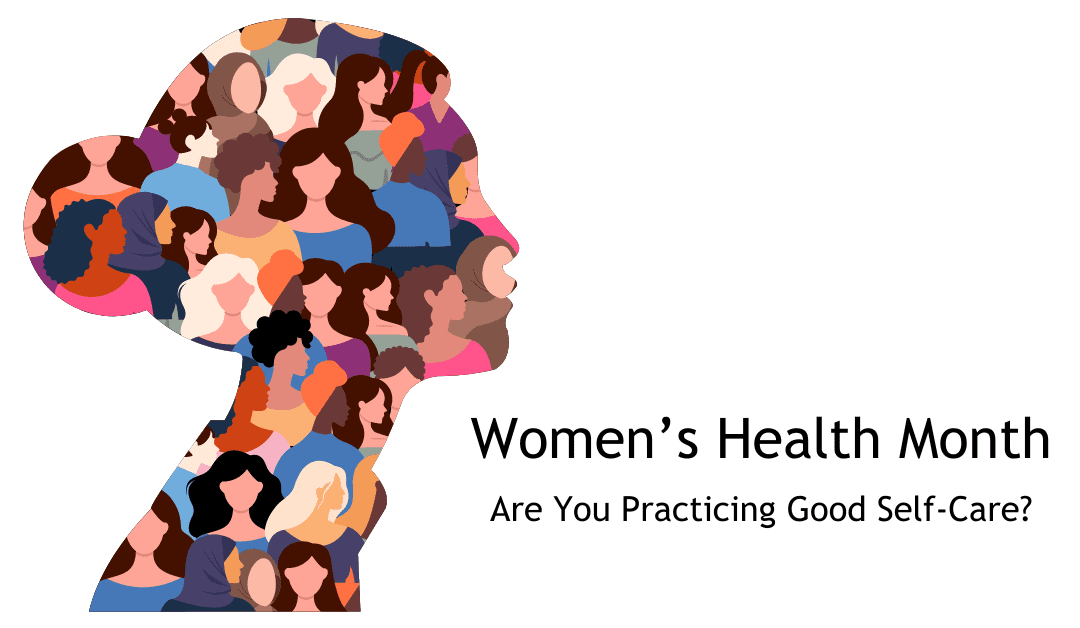
by Bag It Team | May 7, 2024 | Educational Articles
May marks Women’s Health Month, a time to raise awareness about the unique health needs of women. The demands of work and family, among other barriers, can greatly affect many women’s abilities to take care of their own health. This month’s spotlight on women serves as a gentle reminder for them to prioritize their own physical, mental, and emotional well-being.
Consider the “whole” you, with these practical tips: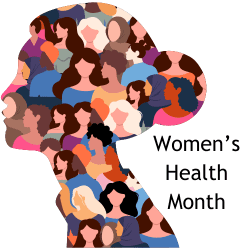
- Make good food and drink choices – avoid processed foods and sugar; focus on fruits, veggies, whole grains, lean protein
- Stay active – Exercise or do other physical activity you enjoy, and often
- Get preventive healthcare – have regular checkups and screenings recommended by your doctor
- Foster emotional well-being – cultivate resilience, practice self-care, nurture healthy relationships, and find balance in your daily life
Remember to “mind your mind” by tending to your mental health just as you would care for your physical health.
Research shows that maintaining a healthy lifestyle can help to lower your risk of many different health conditions, including cancer. Bag It Cancer recognizes the importance of having trustworthy resources specifically for women’s cancers. That’s why we collaborated with national women’s cancer nonprofits to create two Bag It Bags for metastatic breast and uterine cancers. Each bag has introductory information about these specific cancer types and the supportive resources offered by our partners. Order a Bag for yourself or a loved one.
Resources for Women’s Health
Know Your Rights: Reproductive Health Care from the Office on Women’s Health Women’s
Women’ Health from the Centers for Disease Control and Prevention (CDC)
National Institutes of Health (NIH) – Office of Research on Women’s Health

 March is Social Work Month and this year’s theme is Social Work: Compassion + Action. Individuals who enter the social work field don’t do it for the fame or glory, they enter the profession because they care. They care about people, policies, and advocacy. Social Work Month allows us to celebrate these special people who often go unseen but are so vitally important.
March is Social Work Month and this year’s theme is Social Work: Compassion + Action. Individuals who enter the social work field don’t do it for the fame or glory, they enter the profession because they care. They care about people, policies, and advocacy. Social Work Month allows us to celebrate these special people who often go unseen but are so vitally important.



 Recently the Cancer Care Center at the University of Arizona put the spotlight on Bag It Cancer Bags and talked to Executive Director, Mindy Griffith.
Recently the Cancer Care Center at the University of Arizona put the spotlight on Bag It Cancer Bags and talked to Executive Director, Mindy Griffith.
 Studies show that pets can significantly improve mental well-being. Many cancer centers and hospitals recognize this and offer pet therapy programs. These programs include visits to clinics, support groups and even home visits for patients. Our furry friends can lift our moods, lower stress, create a calming effect, reduce pain and have a positive impact on our overall health.
Studies show that pets can significantly improve mental well-being. Many cancer centers and hospitals recognize this and offer pet therapy programs. These programs include visits to clinics, support groups and even home visits for patients. Our furry friends can lift our moods, lower stress, create a calming effect, reduce pain and have a positive impact on our overall health.

Recent Comments